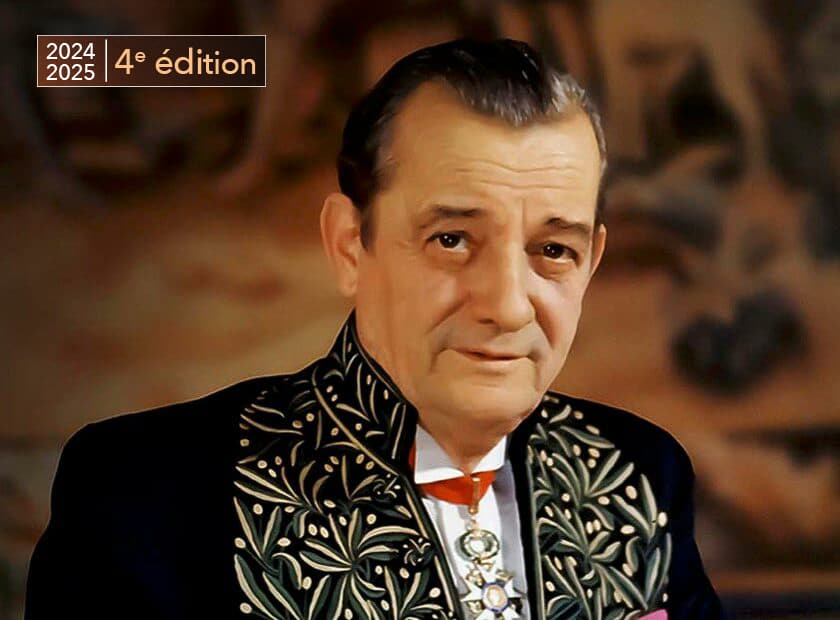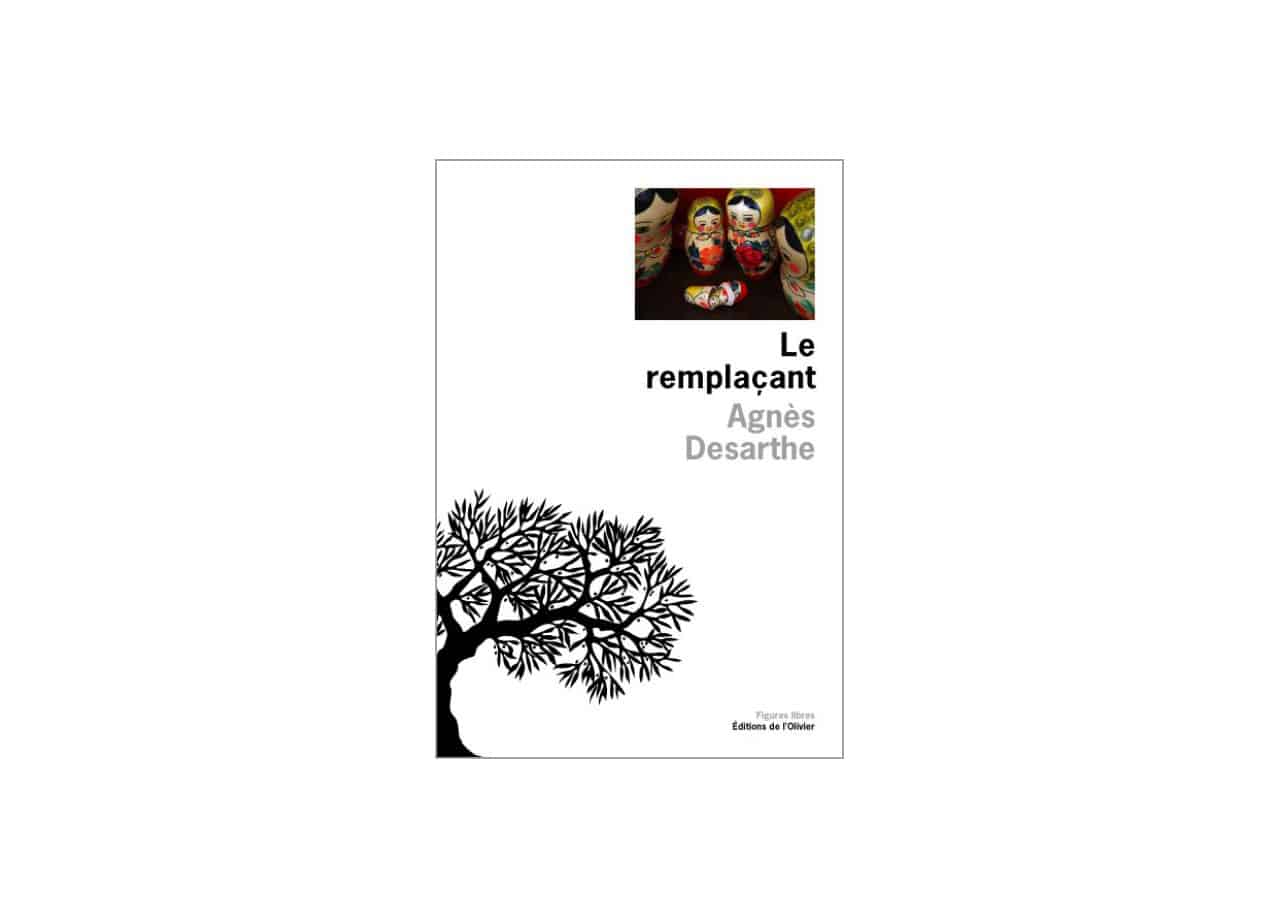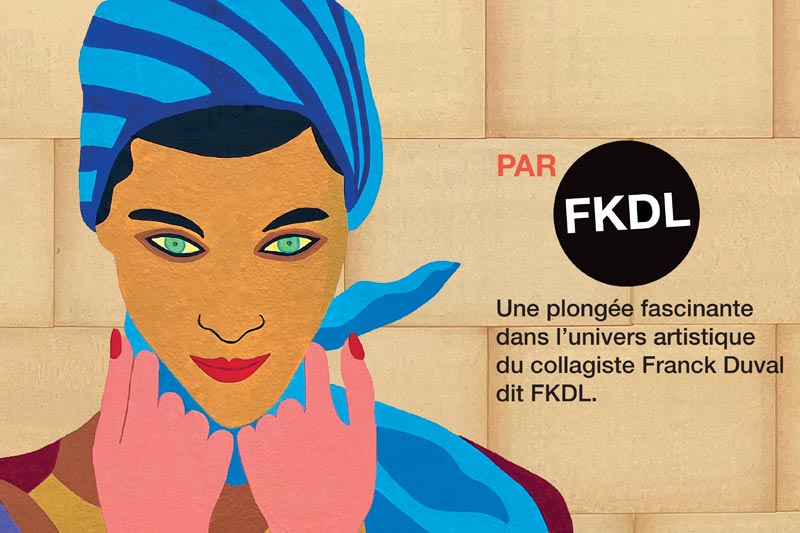
Marcel Pagnol short story contest: 4th edition
29 November 2024

The 2009 Marcel Pagnol Prize was awarded to Agnès Desarthe for her book “Le Remplaçant” published by Editions de l’Olivier.
The award ceremony took place on June 4 in the Raimu room of Fouquet’s, with the support of Neuflize OBC, the Fouquet’s Barrière group and Marcel Pagnol Communication.
Agnès Desarthe was born in Paris in 1966.
Considering French as a foreign language from an early age – as Arabic, Russian and Yiddish are spoken at home – she tries to tame it by writing poems that make her mother cry, stories that make her father proud.
Despite her often poor spelling, she managed to study literature and then English.
Translation is his first profession. Then came children’s books, novels, songs, screenplays and plays. At the age when one starts to get tired, she carries out these various and too numerous activities at the same time, which sometimes drives her crazy.
She dances a lot, and gardens vigorously.
Judged sometimes too soft, sometimes too cruel, she will be seen until the end as an immigrant in the republic of letters.
In writing, she seeks to give an account of the chaos that stuns her, of the violence that nails her and would prevent her from rising if she did not find a way to use it, to subdue it, to transmit it.
Coming from the oral tradition, she has heard so many stories that she has finally never had any other choice than to tell them in turn.
She wishes, if the conditions allow it, to finish her days in the countryside.
When a viscount meets another viscount, what do they talk about? Stories of viscounts” says the song. Literature claims the opposite. It would like the viscounts to be told stories of sailors, the miners stories of midwives, the farmers stories of ministers. The eternal question of the subject, the one that the author always tries to escape, never ends.
So how do you do that when this famous subject belongs to the realm of the unspeakable?
In The Replacement, I write the story of my grandfather, which should therefore only be of interest to those closest to me. However, I am betting that something in his story deserves to be heard by a wider circle. My grandfather is a survivor of the Shoah. Born Jewish in 1911 in a small town in Moldavia, he, like most of his neighbors, friends and brothers, should have been murdered in an extermination camp. He escaped the catastrophe.
But perhaps I should start by explaining that my grandfather, the one I am writing about, is not my mother’s father. He is a substitute grandfather, the man with whom my grandmother, the real one, chose to live after the war, when her husband had disappeared in Auschwitz. Thus, the story is inflected from the beginning. To speak about the Shoah, I chose a character who did not suffer it. Moreover, this expression, “to speak of the Shoah” sounds hollow and false. How to talk about it, how to write about it? This is an impossible subject because those who lived through it are dead and are therefore no longer here to talk about it or to listen to the story. What happens to the stories of the viscounts once their heads have been cut off?
I joke on purpose, because it is one of the only ways I have found to approach the most morbid shores. Humor allows us to make the necessary detour.
We tend to overestimate the ability to understand, to think that it is only a question of intelligence, but, very often, it is the surplus or absence of affect in the reader that determines the intelligibility of a text.

29 November 2024

30 September 2024